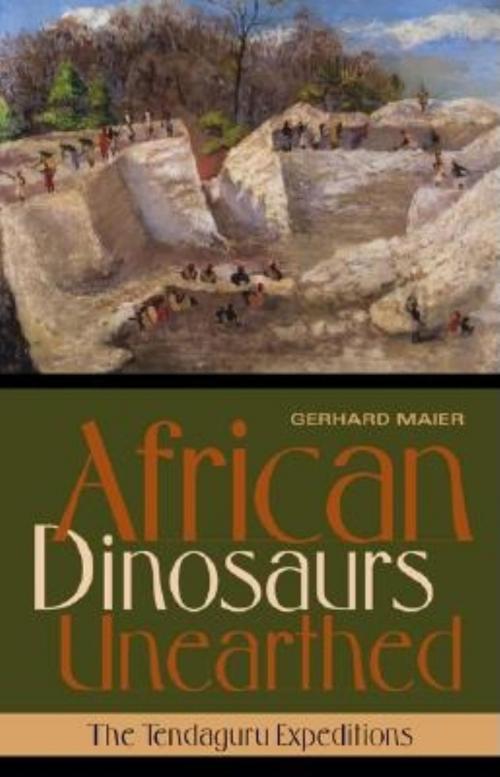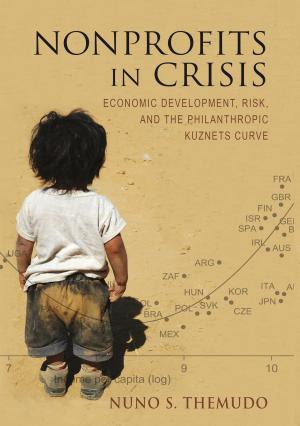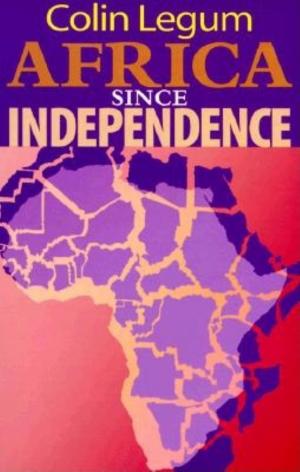African Dinosaurs Unearthed
The Tendaguru Expeditions
Nonfiction, Science & Nature, Science, Earth Sciences, Palaeontology| Author: | Gerhard Maier | ISBN: | 9780253000545 |
| Publisher: | Indiana University Press | Publication: | July 2, 2003 |
| Imprint: | Indiana University Press | Language: | English |
| Author: | Gerhard Maier |
| ISBN: | 9780253000545 |
| Publisher: | Indiana University Press |
| Publication: | July 2, 2003 |
| Imprint: | Indiana University Press |
| Language: | English |
From 1907 to 1931 at Tendaguru, a remote site in present-day Tanzania, teams of German (and later British) paleontologists unearthed 220 tons of fossils, including the bones of a new dinosaur, one of the largest then known. For decades the mounted skeleton of this giant, Brachiosaurus, was the largest skeleton of a land animal on exhibit in the world. The dinosaur and other animal fossils found at Tendaguru form one of the cornerstones of our understanding of life in the Mesozoic era. Visited sporadically during the ’30s and ’40s, Tendaguru again became the site of scientific interest late in the 20th century. African Dinosaurs Unearthed tells the story of driven scientific adventurers working under difficult conditions and often paying the price with their health—and sometimes with their lives. Set against the background of a troubled century, the book reveals how scientific endeavors were carried on through war and political turmoil, and continue into the present day.
From 1907 to 1931 at Tendaguru, a remote site in present-day Tanzania, teams of German (and later British) paleontologists unearthed 220 tons of fossils, including the bones of a new dinosaur, one of the largest then known. For decades the mounted skeleton of this giant, Brachiosaurus, was the largest skeleton of a land animal on exhibit in the world. The dinosaur and other animal fossils found at Tendaguru form one of the cornerstones of our understanding of life in the Mesozoic era. Visited sporadically during the ’30s and ’40s, Tendaguru again became the site of scientific interest late in the 20th century. African Dinosaurs Unearthed tells the story of driven scientific adventurers working under difficult conditions and often paying the price with their health—and sometimes with their lives. Set against the background of a troubled century, the book reveals how scientific endeavors were carried on through war and political turmoil, and continue into the present day.















